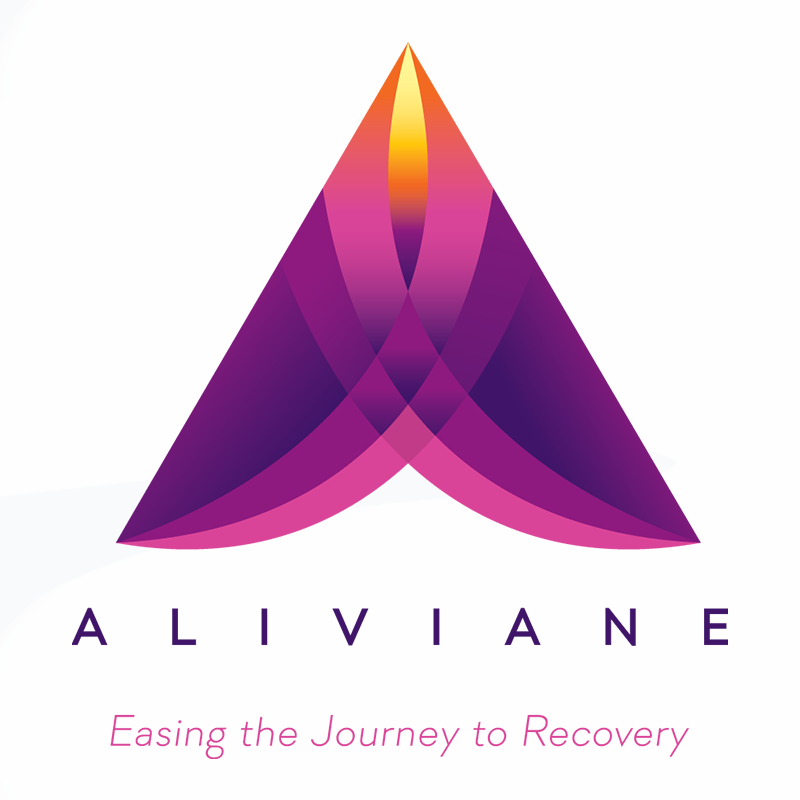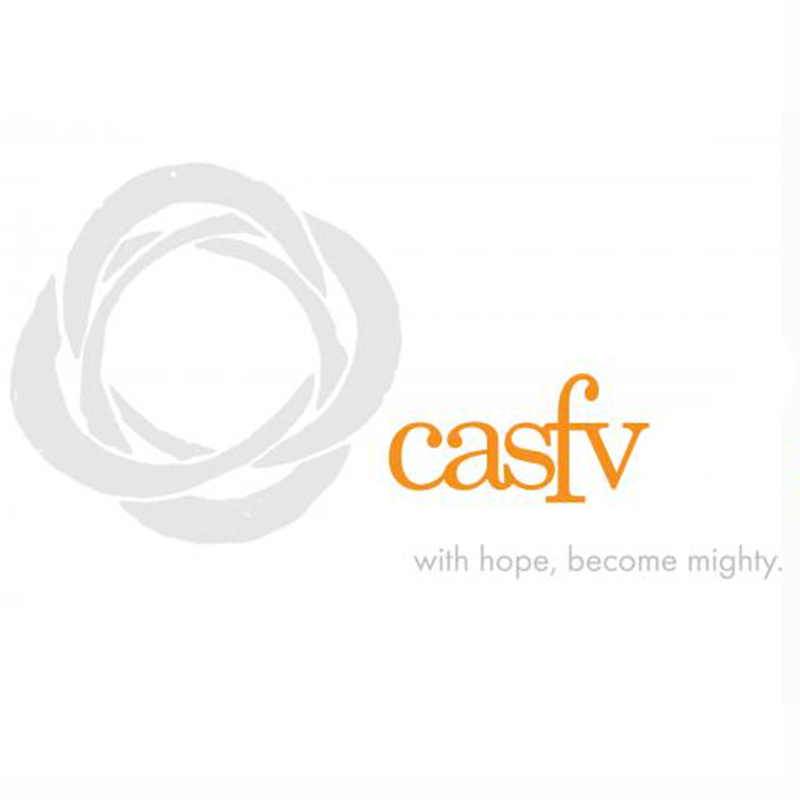Community Engagement Courses
Students who engage in Community Engagement Courses (CEC) work to make a positive impact and change in their communities while deepening their understanding and awareness of the primary issues around them. CEC is an educational approach where a student learns theories in the classroom and simultaneously applies hands-on learning through service with an agency or community partner (usually a non-profit or social service group) and engages in reflection activities to deepen their understanding of what is being taught.
Benefits of Academic Based Community Engagement Courses:
- Extended understanding of course material
- Higher sense of connection to the community
- Development of leadership and self-knowledge
- A deeper understanding of the complexity of social issues
- Increased college experiences &. networking opportunities
- Ability to apply material learned in class to real problems
Community Engagement Course Roles

Community

Homepage

Faculty
The CUE:
The CUE is an online platform hosted on givepulse.com that allows students, faculty, staff, alumni, and community partners to connect through service opportunities and events. The CUE allows community partners to maintain an independent account to manage a database of users, post events and opportunities, verify outputs, and streamline scheduling and data collection. It also allows students to discover and sign-up for volunteering opportunities.
Features on The CUE
- User profile to track individual outcomes and impact.
- Additional forms of impacts are being tracked beyond direct service hours, including training, funds donated/raised, goods donated, research, voting, and others as defined by faculty/staff/student leadership.
- Community Engagement Courses management
- Enhanced group management with subgroups available to campus departments, centers, and student groups for managing community engagement initiatives, partnerships, and tracking outcomes.
- Integration with our student information system, MineTracker, and other campus databases.
- Fundraising and ticketed events for social philanthropy initiatives with on and off-campus organizations. Survey and Application modules to support program applications, evaluations, and other assessment needs.
To learn more about how to navigate the CUE as a student, , or visit the tab titled "GivePulse CUE Resource Videos".
Student Impact in the Community

The Ãå±±ÂÖ¼é of Texas at El Paso has created a network with many nonprofits and agencies who have become our "Community Partners." This symbiotic relationship benefits both, UTEP, and our community partners. Thanks to our community partners, our students can contribute to the public good through community-based teaching and learning initiatives that enrich their education, promote civic engagement, and improve the community. Thanks to UTEP, our community partners receive student volunteers, and their events are promoted through our webpage (the CUE) for extra acknowledgment and recognition. Students who participate in community engagement courses support agencies by:
- Delivering food supplies to communities in need.
- Being the voice of those who don't have one.
- Offering prevention, intervention, treatment, and recovery programs in the areas of substance abuse.
- Providing medical care and shelter.
- And many other ways
What is a non-profit/community partner?
A non-profit organization is an institution that doesn't receive or distribute profits in a private capacity but instead galvanizes funds for the purpose of advancing and servicing a particular social cause, group, or shared point of view. There are over 1,000 of these organizations registered in El Paso and the majority of them are consistently seeking passionate volunteers throughout the year for multiple projects and initiatives. They provide impactful assistance to populations in need through humanitarian work, community service, and advocacy.
Below you will find active partners many students connect with:
To review other community partners and service opportunities visit The CUE, .
Documents
Training:
Tips and Guidelines:
Semester Timeline
As you begin your service below you will find a suggested semester timeline for you to use during your community engagement project. We are happy to guide you during this process, for questions or support, email cce@utep.edu
- Review service opportunities that your professor will share with you
- The Center for Community Engagement (CCE) will provide information, review documents and The CUE
- Create your account on The CUE
- Review service opportunities and register for one
- Register for a virtual or in-person training course
- Attend a training hosted by the CCE and complete all required documents and tasks to begin your service
- Contact your service agency/partner to introduce yourself
- Schedule your first visit to your agency/site
- Begin your service/engagement project
- Continue your service
- Add impacts and hours to The Cue
- Provide reflections and updates to your professor
- Provide updates to The CCE through reflections
- Complete all hours at your site before dead day
- Participate in a reflection session hosted by the CCE
- Complete end-of-semester program assessment
- Submit all hours and impacts by Monday of finals week
Step 1: Contacting your site
The site’s contact information may be accessed on once you have located the group where you will be completing your hours.
To locate groups and volunteer opportunities pre-selected by your UTEP Professor, follow the steps listed at the CUE Account tab located above.
Please, make sure to contact the person listed on the Site Information Card, set up an appointment and go over the following:
1. Semester volunteer schedule
2. Site Requirements
a. Background Check; Application Process; Orientation/Training; etc.
3. Define intern goals and expectations
Step 2: Throughout the Semester...
Throughout the semester you will be responsible for TWO things:
1. Time Sheet (Tracking impacts on the CUE & paper)
2. Reflection Sheet – electronic per visit
Step 3: Finishing Up
Deadline to turn in your completed Time Sheet is the end-date for your course on the CUE.
You will record your impacts on your Timesheet and on the CUE.
Please verify with the Center for Community Engagement (CCE) to make sure everything is completed.
The CCE will submit a report to your professor indicating completed hours the following week.
Before you serve:
Get oriented - Know course specific instruction and deadlines to meet.
Understand requirements - timesheets, release identification forms, contracts, and assignments.
Make contact – Understand community need.
- Find contact Information on CUE ().
- Contact the administrator as soon as possible!
- Explain who you are and what you are about.
- Ask about their policies.
- Discuss availability.
- Leave voice mail and be consistent until you get a response.
- Contact CCE if no response.
During service:
- Be open minded about different experiences and perspectives.
- Step outside your comfort.
- Most importantly HAVE FUN!
During your first visit:
- Ask if you need to receive an orientation.
- Request a get a tour of the site (if available).
- Speak about being assigned specific, meaningful, and appropriate tasks.
Responsibilities and Commitment:
- REPRESENT UTEP!
- Be on time!
- Call supervisor if you are unable to attend.
(you may be terminated from your site if you fail to call or show-up). - Avoid gossip.
- Use appropriate language.
- Follow through with commitments (time, tasks, etc.).
- Dress appropriately.
Do’s and Don't’s
- Do inquire about policies.
- Do ask for help when in doubt.
- Do show respect.
- Do avoid the responsibility of handling money.
- Don’t give (or loan) money or share personal information.
- Don’t make promises you can’t keep.
- Don’t tolerate verbal exchange or behavior that might be perceived as discriminating or
- harmful to others.
- Do contact the CCE if you need help (cce@utep.edu).
Academic Based Community Engagement Tips & Guidelines:
Get the MOST out of your Academic Based Community Engagement experience this semester!
Maintain a friendly and upbeat attitude |
|
Plan on arriving at least 5-10 minutes early to your site |
|
Select a program that appeals to your needs and interest |
|
Please keep your UTEP ID on you at all times |
|
Maintain a professional demeanor, and dress appropriately |
|
Treat patrons with respect and dignity |
|
Never pass up an opportunity to learn from this experience |
|
Do not overcommit to more service time than you can handle! |
|
Q1. Why is this training important?
A: Good experience, sets expectations, anticipates challenges, and understands the impact
Q2. About how many nonprofits are registered in El Paso?
A: 1,000
Q3. Working on a community project can help you...
A: Learning about a community issue, Find out what kind of solutions exist to an existing problem, you the student gets to work with a team
Q4. Community Engagement is NOT?
A: Regular volunteerism. Academic Based Community Engagement is a dual learning process, where what you learn in the organization is applied to your class and vice versa.
Q5. Your Academic Based Community Engagement experience begins when?
A: Depending on what your attending site requires (background check, site training, or extra site paperwork), Once all required training's and background checks are completed you may start your Academic Based Community Engagement experience.
Q6. When will you complete training?
A: Depends on which Academic Based Community Engagement opportunity you registered for. Some organizations may ask you to attend an extra training that is required in order for the student to start.
Q7. Why is it important to review site requirements?
A: Students need to account for potential extra steps, and eligibility requirements
Q8. How will I know if I need a background check?
A: Site summaries explain this. It is likely if I am working with children or public agency
Background checks are required for certain agencies, mostly if you are working with children or a public agency. There is no fee charge for the student to have a background check, it will be taken care of by the university.
Q9. Good form of Academic Based Community Engagement might be?
A: To arrive early and on time to site, to demonstrate a helpful and open disposition, to identify additional ways to help and assist, to communicate with supervisor if there is a schedule change
Q10. What are added benefits of Academic Based Community Engagement?
A: Something to add to the resume, Gain hands-on experience, helping to define what you like/not like in your profession
Q11. A bad form of Academic Based Community Engagement might be?
A: Not attending site without notice, Switching site options if you don't like the first one, tell the site "I am only doing this because I HAVE TO"
Q12. What should you do if you are not happy at your site?
Q13. Can I do Academic Based Community Engagement with my community church?
A: This answer varies depending on your professor. Please speak with your professor, if he/she allows it, then email the CCE office (ccesl@utep.edu) with your information letting us know that your professor allowed you to complete the hours at your community church (Please copy your professor on the email).
Q14. What if I encounter problems while doing Academic Based Community Engagement in the organization?
A: If you encounter any problems or are concerned about something that you would like to communicate with us, please request a meeting with our Community Engagement coordinator by calling our office at 747-7969 or by e-mail at ccesl@utep.edu. We will gladly help with any issue in order for you to be able to complete your Community Engagement hours.
Q15. Are there any Academic Based Community Engagement opportunities during the weekends or after 5pm weekdays?
A: We have worked with organizations that allow students to do their Community Engagement hours during the weekends. Please ask the agency manager for your Community Engagement opportunity if they have flexible hours.
Q16. When is the last day to complete Academic Based Community Engagement hours?
A: The last day to turn in your Academic Based Community Engagement hours log sheet will be different for each course. You may find the date by logging onto the CUE and navigating to your Academic Based Community Engagement course or on your course syllabus
Q17. Can I still do Academic Based Community Engagement even if it is not required for a course?
A: Yes, however, it is not known as Community Engagement but instead, as a volunteer opportunity. The CUE has several volunteer opportunities listed from organizations that have a need for UTEP students to assist them.
Q18. Can I continue to do Academic Based Community Engagement after I complete the my course required hours?
A: Yes, even though it is not required, we highly encourage students to continue doing Academic Based Community Engagement with the same organization after the required hours of the semester are completed.If you would like to continue tracking your hours then please visit our office and we will set-up a volunteer opportunity for you on the CUE.
Q19. How do I receive the certificate of achievement at the end of the semester?
A: You may come by our office to pick up your certificate of achievement.
Q20. When will my professor be notified that I completed Academic Based Community Engagement hours for course credit?
A: Your professor has access to the CUE and may see your Academic Based Community Engagement hours at any time. However, we will notify your professor that you completed Academic Based Community Engagement hours one week after the paperwork deadline.
Q21. How can I retrieve my CCE Academic Based Community Engagement hours?
A: We are only using the CUE to track Academic Based Community Engagement hours. You may download your volunteer resume on the CUE for a list of all your Academic Based Community Engagement hours.
Q22. I missed all the scheduled CCE program training's. What can I do?
A: If you have missed all the training's offered for the programs your professor selected, you may ask your professor for an alternative program or you can contact any of our staff members by calling the CCE office and request a one-on-one training.
Q23. Can I do Academic Based Community Engagement in more than one program to complete my requirements?
A: In order to get full credit, you must register, attend the training, and complete your professor’s Academic Based Community Engagement requirements in one program. In other words, you may not mix and match programs to complete your hours.
Q24. What happens when I am done with all my Academic Based Community Engagement hours?
A: Once you have completed all of the hours that are required by your professor, you may want to double check with the CCE staff to make sure that all of your required hours have been recorded properly. Once you have done this, the CCE will give your professor a report at the end of the semester that states that you have completed all of the hours that were required.
Q25. Do I need to sign up for training even though I completed Academic Based Community Engagement hours last semester?
A: If you did not change the program but decided to change the organization you do not have to receive training. If you did however change the program, you are required to be trained on the new program of your choice.
Q26. How many hours of Academic Based Community Engagement do I have to complete in order to receive course credit?
A: This answer depends on the professor that is offering you Academic Based Community Engagement. For almost all of the professors, the requirement is 20 hours including on-site training. If you have any doubts, please check with your professor for clarification.









